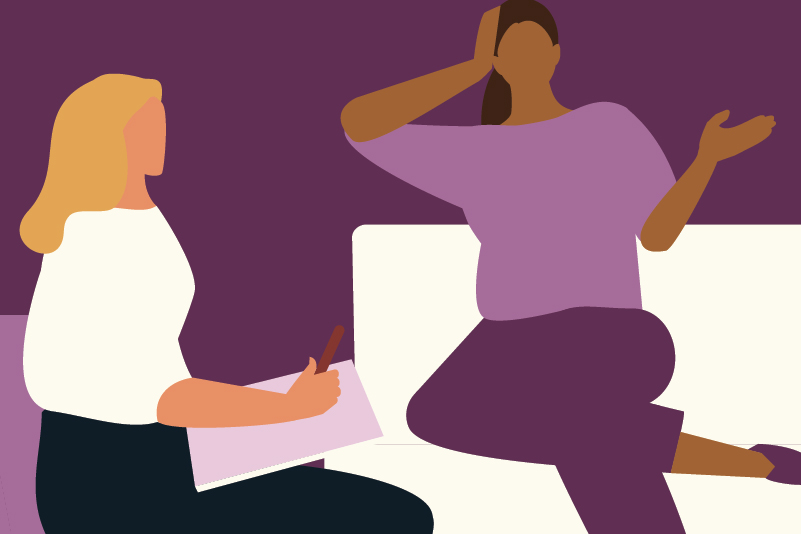#365 Shrooms for Glooms: Evidence for psilocybin for depression

Reading Tools for Practice Article can earn you MainPro+ Credits
Join NowAlready a CFPCLearn Member? Log in
- Statistically significant unless indicated.
- 12 Systematic reviews of randomized controlled trials (RCTs) had serious limitations:
- Meta-analyzed different conditions/treatments,1-3 included people without depression,4,5 descriptive reviews only,6-10 missed key studies,11 or dose-response effects.12
- Higher-quality RCTs with comparators:13-16 Most patients had long-term/treatment-resistant/recurrent depression14-16 and current antidepressants stopped.13-16 Response generally ≥50% depression score reduction.
- RCT versus placebo:13
- 52 patients. Psilocybin ~16mg/70kg versus placebo, one dose. At two weeks:
- Montgomery-Asberg Depression Rating Scale (MADRS, 0-60, higher=worse) baseline=24: Psilocybin reduced 13 versus 3.5.
- Minimal important difference17=3-6.
- Response: Psilocybin 58% versus 15%, number needed to treat (NNT)=3.
- Montgomery-Asberg Depression Rating Scale (MADRS, 0-60, higher=worse) baseline=24: Psilocybin reduced 13 versus 3.5.
- 52 patients. Psilocybin ~16mg/70kg versus placebo, one dose. At two weeks:
- RCTs versus very-low-dose or inactive comparator:14,15
- 233 patients. Psilocybin 25mg, 10mg or 1mg, one dose.14 At three weeks:
- MADRS baseline=32: 25mg reduced 12 versus 1mg reduced 5.
- Response: 37% (25mg) versus 18% (1mg), NNT=6.
- No statistical difference at 12 weeks, or 10mg versus 1mg anytime.
- 104 patients. Psilocybin 25mg versus niacin 100mg, one dose.15 At six weeks:
- MADRS baseline=35: Psilocybin reduced 19 versus 7.
- Response: 42% psilocybin versus 11%, NNT=4.
- 233 patients. Psilocybin 25mg, 10mg or 1mg, one dose.14 At three weeks:
- RCT versus escitalopram16
- 59 patients. Psilocybin 25mg every 3 weeks x2 doses versus escitalopram daily. At six weeks:
- Remission: Psilocybin 57% versus escitalopram 28%, NNT=4.
- Other depression outcomes not different.
- 59 patients. Psilocybin 25mg every 3 weeks x2 doses versus escitalopram daily. At six weeks:
- Adverse Events:13-16 Headache and nausea 4-42% more common than control on day 1.
- Distress common during treatment:18 Examples “I felt like crying” (92%), sadness (79%), or emotional/physical suffering (77%).
- 10-15mmHg systolic blood pressure rise x3-hours.13
- Limitations: Blinding 93-97% ineffective.19
- Resource intense: Two counsellors for preparation (2-8 hours), during treatment (6-11 hours), and follow-up (2-4 hours).13-16,18
- Presently, guidelines recommend psilocybin in research20,21 or special access-settings only.20
- Longer-term effectiveness (>6 weeks) and serious harms unclear.
- Psilocybin micro-dosing RCTs: patients didn’t have depression/anxiety.22,23






